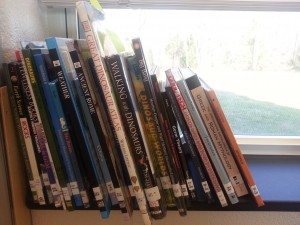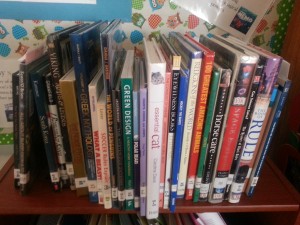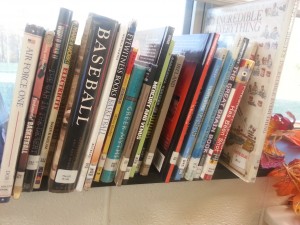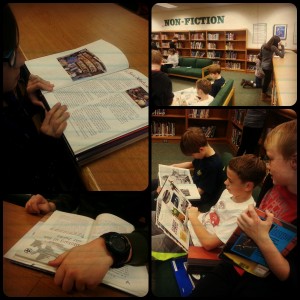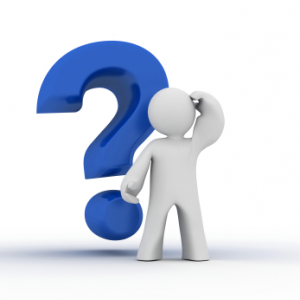Students, as we continue our research process, I want you to take time now to consider your potential audience. Imagine your readers–that is, whoever you picture reading your research article when you’re done. In the comment section, your assignment tonight is to write a brief entry considering what you assume your readers do not already know and what you have to research to support their learning of your topic.
If you are researching your topic only because it is an assignment, your engagement with the process and your learning will only be a fraction of what it could be. It’s important to consider your audience when writing, but also as you collect your sources, too, in the prewriting stage.
Students usually tell me that they are writing their assignment “for the class.” While the class is a perfectly good audience, I want you to learn that you can write pieces for specific individuals in the class (friends or classmates with similar interests) or outside the class (relatives or community leaders) and also for a more general audience (readers of the school). People usually start writing something because they have a real audience in mind, and if you want to be a truly independent writer, then you need to do the same.
So an important place to start is to ask yourself, “What do I think people who might learn from my research not already know?” and then, “What will I have to find out so I can be sure they learn about those parts of this topic?” Watch how I try this with the topic I am studying, the importance of sleep.
Let me first think before I write…
I think people that learn from my research may not already know…well, I actually think more people know that sleep is important to humans and we need to get a certain amount each night to feel good. So I guess I don’t need to spend too much time studying those obvious facts…But they probably won’t know how many hours each night they need to sleep to be feeling their best the next day upon waking. I think my students who read this will wonder how many hours a night middle-schoolers should get to learn the best (and probably parents, too)…and adults reading my article will be interested in the amount of sleep recommended for adults. I may even need to compare the amount of sleep humans need as they grow and develop and reach different ages. It will probably also be helpful for me to include information on ways to make sure you’re getting the best possible sleep. Are there certain important guidelines to follow to make sure we’re getting the best sleep? Also, what should a person do if they’re having trouble sleeping? And even though I think my readers will know that getting a good night’s sleep is important, I don’t think they will know all the ways it impacts us during the waking hours. In high school and college I would stay up REALLY late studying and reading and I would feel very tired the next day…but it became a hard habit to break. How much did losing all that sleep really affect my life? Would I have been wiser to go to bed earlier and get up earlier? I always just assumed I was a natural “night-person” and not a “morning person” like many of my friends and family members. Maybe I should include in my audience anyone who may also be a “night-person” who is curious if they can convert to being a morning person. Or is it predetermined genetically?
Do you see what I’m doing? I’m taking a moment, very early on in collecting sources and starting to read, to think about my audience and what they might need to know. It is helping me focus or narrow my research, so I spend time learning those things that I think readers will most need to learn.
Here is another example from a student:
After you read it, go ahead and write your own by commenting on this post. See you tomorrow!
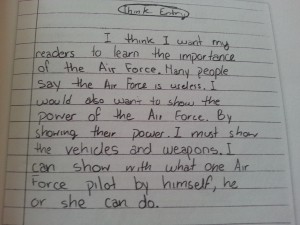
Student Example


